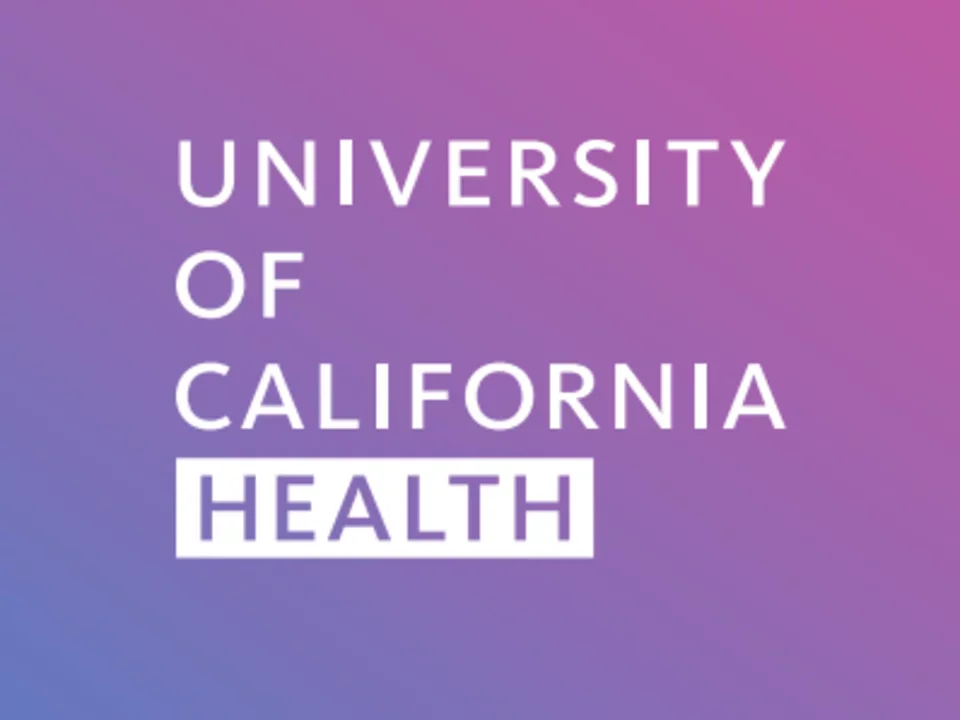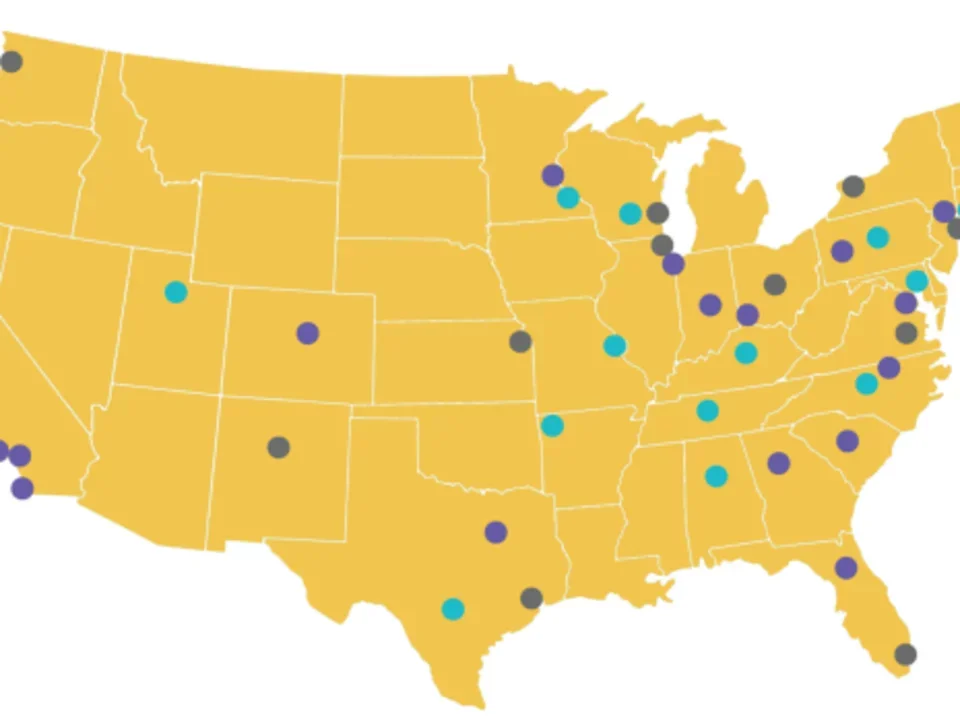Participate in a Clinical Trial
Search for local, UC-wide, and nationwide clinical trials
Find a UCLA or UC Health clinical trial
Visit UCLA clinical trials for UCLA-specific trials. UCLA conducts research for a wide range of medical disorders, and offers patients the opportunity to participate in clinical trials and research.
UC Health Clinical Trials gives you information about the trials going on at the UC medical campuses (UC Davis, UC Irvine, UC Los Angeles, UC San Diego, and UC San Francisco). This site includes data from UCLA, ClinicalTrials.gov (details), and other sources.
Search all clinical trials
ClinicalTrials.gov is a registry and results database of publicly and privately supported clinical studies of human participants conducted around the world. This includes all UC Health clinical trials as well as UCLA CTSI institutions (UCLA-Westwood, Cedars-Sinai Medical Center, The Lundquist Institute for Biomedical Innovation at Harbor-UCLA Medical Center, Charles R. Drew University of Medicine and Science). To find a clinical trial, go to www.clinicaltrials.gov.
What is a clinical trial?
A good definition of a clinical trial comes from the National Library of Medicine, which is part of the National Institutes of Health. A clinical trial is a research study in human volunteers to answer specific health questions. Carefully conducted clinical trials are the fastest and safest ways to find treatments that work in people and ways to improve health.
To learn more about clinical trials, watch the below videos or click on the FAQs below.
Videos:
Are there different kinds of clinical trials?
The National Library of Medicine explains that there are clinical trials and observational studies.
In a clinical trial, participants receive specific interventions according to the research plan or protocol created by the investigators. These interventions may be medical products, such as drugs or devices; procedures; or changes to participants' behavior, such as diet. Clinical trials may compare a new medical approach to a standard one that is already available, to a placebo that contains no active ingredients, or to no intervention. Some clinical trials compare interventions that are already available to each other. When a new product or approach is being studied, it is not usually known whether it will be helpful, harmful, or no different than available alternatives (including no intervention). The investigators try to determine the safety and efficacy of the intervention by measuring certain outcomes in the participants. For example, investigators may give a drug or treatment to participants who have high blood pressure to see whether their blood pressure decreases. Clinical trials used in drug development are sometimes described by phase. These phases are defined by the Food and Drug Administration (FDA).
In an observational study, investigators assess health outcomes in groups of participants according to a research plan or protocol. Participants may receive interventions (which can include medical products such as drugs or devices) or procedures as part of their routine medical care, but participants are not assigned to specific interventions by the investigator (as in a clinical trial). For example, investigators may observe a group of older adults to learn more about the effects of different lifestyles on cardiac health.
How do I register for a clinical trial?
To search for a clinical trial at UCLA CTSI institutions (UCLA-Westwood, Cedars-Sinai Medical Center, The Lundquist Institute for Biomedical Innovation at Harbor-UCLA Medical Center, Charles R. Drew University of Medicine and Science) go to clinicaltrials.gov.
What are the phases of a clinical trial?
The Food and Drug Administration (FDA) typically requires that experimental drugs be tested in three phases in stepwise fashion to determine if the experimental drugs are safe and effective.
Phase I trials - Researchers test an experimental drug or treatment in a small group of people for the first time. The researchers evaluate the treatment’s safety, determine a safe dosage range, and identify side effects. Phase II trials - The experimental drug or treatment is given to a larger group of people to see if it is effective and to further evaluate its safety. Phase III trials - The experimental study drug or treatment is given to large groups of people. Researchers confirm its effectiveness, monitor side effects, compare it to commonly used treatments, and collect information that will allow the experimental drug or treatment to be used safely. Phase IV trials - Post-marketing studies, which are conducted after a treatment is approved for use by the FDA, provide additional information including the treatment or drug’s risks, benefits, and best use.
What protections exist for people who participate in clinical trials?
The function of the IRBs is to ensure adherence to all federal, state, local, and institutional regulations concerning the protection of human subjects in research. UCLA IRB review is required for both funded and non-funded human subjects research.
Each federally supported or conducted clinical study and each study of a drug, biological product, or medical device regulated by FDA must be reviewed, approved, and monitored by an institutional review board (IRB). An IRB is made up of doctors, researchers, and members of the community. Its role is to make sure that the study is ethical and that the rights and welfare of participants are protected. This includes making sure that research risks are minimized and are reasonable in relation to any potential benefits, among other responsibilities. The IRB also reviews the informed consent document. In addition to being monitored by an IRB, some clinical studies are also monitored by data monitoring committees (also called data safety and monitoring boards). Various Federal agencies, including the Office of Human Subjects Research Protection and FDA, have the authority to determine whether sponsors of certain clinical studies are adequately protecting research participants.
Visit UCLA webIRB for details on the IRB process at CTSI sites.
What are the questions I should ask if offered a clinical trial?
If you are thinking about taking part in a clinical trial, you should feel free to ask any questions or bring up any issues concerning the trial at any time. The National Institutes of Health offers suggestions that may give you some ideas as you think about your own questions. Below is a sampling of those suggestions:
The study:
What is the purpose of the study? Why do researchers think the approach may be effective?
Risks and possible benefits:
What are my possible short-term benefits? What are my possible long-term benefits? What are my short-term risks, and side effects? What are my long-term risks? What other options are available? How do the risks and possible benefits of this trial compare with those options?
- Who will fund the study?
- Who has reviewed and approved the study?
- How are study results and safety of participants being monitored?
- How long will the study last?
- What will my responsibilities be if I take part?
- Who will tell me about the results of the study and how will I be informed?
Where can I find more information about clinical trials?
NIH National Institute on Aging has clinical trial information, FAQs and other useful information.
Medline, a service of the National Library of Medicine, has interactive tutorials, and links to information about specific health conditions. English-language health videos show the anatomy of body parts and organ systems and how diseases and conditions affect them; Spanish-language health videos can be found here.
The National Cancer Institute provides information on participating and paying for care in clinical trials.
ClinicalTrials.gov has FAQs about clinical trials.
The Food and Drug Administration offers a portal on what clinical trials patients need to know. See the English version and Spanish version.
Where can I find glossary of research terms?
Just like any field of work, medical science comes with a host of words and phrases that can be difficult to understand in the context of a clinical trial. Sifting through the information and explanations can be time consuming and occasionally difficult. ClinicalTrials.gov has created a glossary of frequently used research terms. For volunteers interested in participating in a cancer clinical trial, UCLA's Jonsson Comprehensive Cancer Center has created a more specific glossary of terms often used with cancer research.


